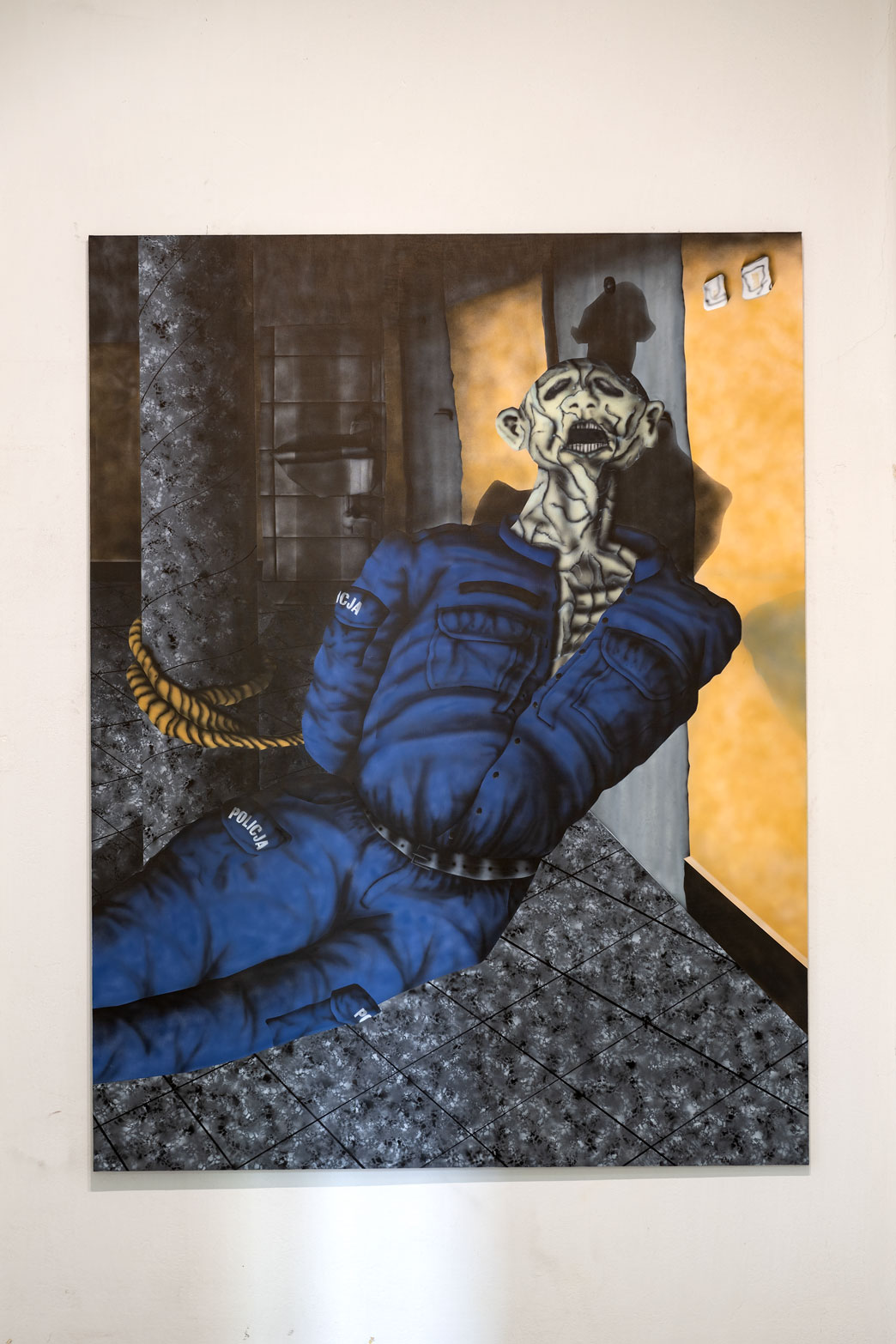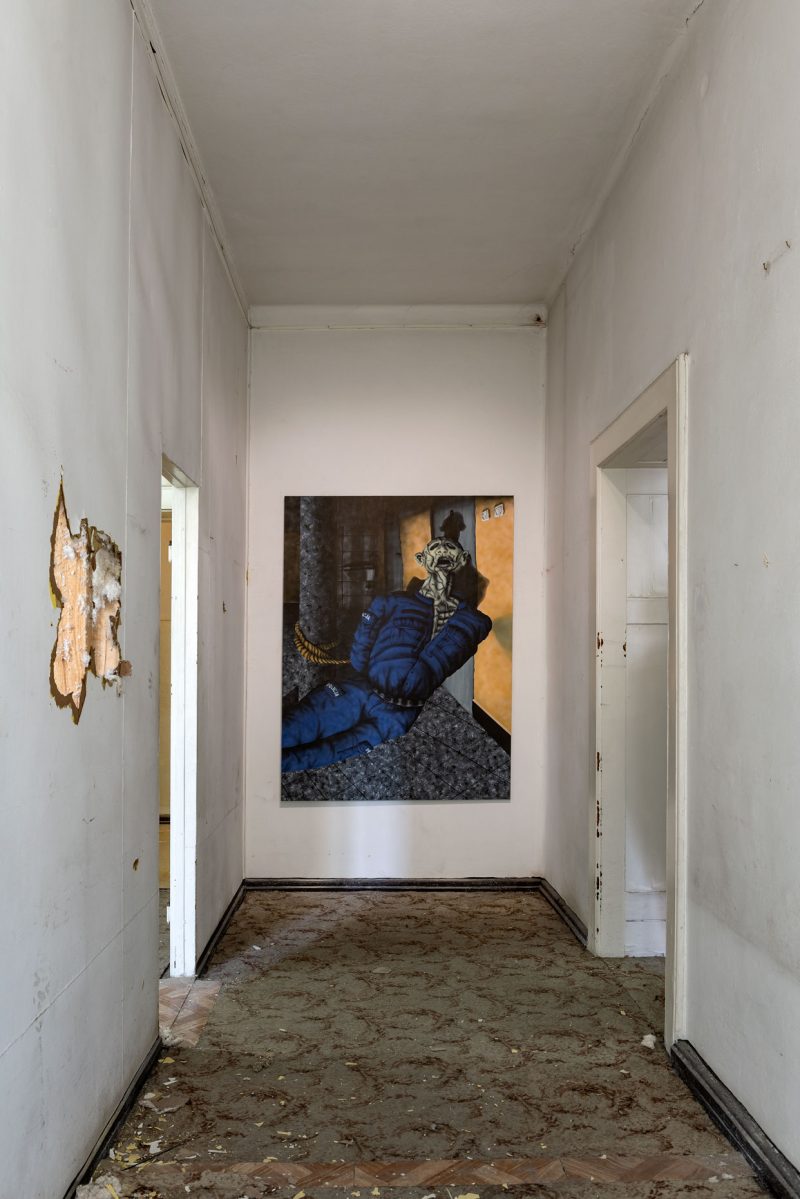Medical Assistance to be Requested in Serious Matters Only (Frans Masereel – Debout Les Morts)

- 2022
“Life savers” were round pills distributed to American soldiers on the fronts of World War II. Their name referred to the shape of the lifebuoy. Their only ingredient was flavoured sugar. Although devoid of any medicinal properties, they often did save lives – their sweet taste helped to survive in the cruel reality. So do psychotropic medications, which make it possible to function within the system. They are an imperfect yet helpful solution. Their presence in the life of a person in a mental illness crisis is undoubtedly seriously needed. How-ever, in some places their role changes – they become a tool of systemic oppression. Despite the existing legal provisions, medications are reluctantly administered in arrests and prisons. Withdrawing them may be a form of punishment or, during an interrogation, an incentive to confess. Denying them to the inmates is an example of their dehumanisation, as is the inability to contact the family, smoke a cigarette, use the toilet and finally obtain legal aid.
Those in custody are also denied medical assistance, including lifesaving treatments and therapies. Between the procedures and the prison walls there is only bare life, often worthless according to those in charge, who call for medical assistance only in serious cases. For many years, the Polish Ombudsman, quoting the research of Court Watch Poland and the Helsinki Foundation for Human Rights, has been drawing attention to the notorious violation of article 115 of the Executive Penal Code (provision of health services) by penitentiary institutions personnel.
Formally, the work refers to the 1918 graphic novel Debout Les Morts [Arise Ye Dead] by the French artist and staunch pacifist Frans Masereel. The title is a quote from the policemen with whom the artist had to deal while in custody. The painting shows a hypothetical detainee subjected to systemic oppression and the effects of pharmacological violence used in the “room for detained persons.” The detainee is wearing a police uniform, because, as the artist states paraphrasing Frantz Fanon, every slave dreams of changing places with his master.
